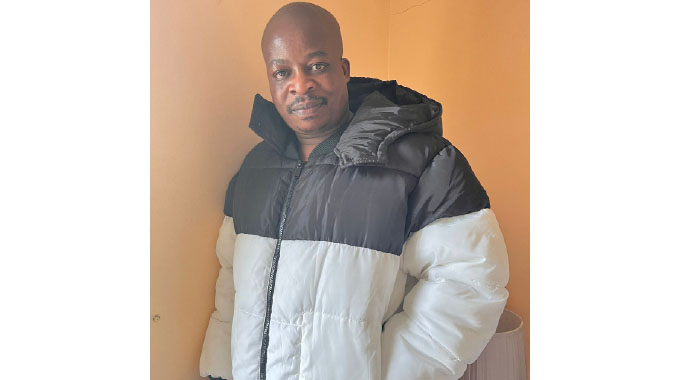Partner with schools, clubs urged
Tadious Manyepo Sports Reporter
HARARE City chairman Alois Masepe has urged Premiership clubs to lead the way in coming up with new strategies for the development of football, which are based on identifying the type of game that suits Zimbabwean players.
The Sunshine Boys have been investing heavily in the junior policy with the top-flight club partnering with Waddilove High School.
Masepe, a veteran administrator with more than two decades in the football trenches said there was a misconception that forming many academies easily translated to development of the game in the country.
He also believes that the standard of Zimbabwean football will improve if top-flight clubs forge partnerships with schools across the country.
His Harare City have enrolled eight of their academy players at Waddilove High school. Masepe said having academies alone may not be good enough for the complete development of players as there are chances they may not be occupied during the occasions when they would not be playing the game.
There have been a number of cases where some players with a lot of potential have been diverted from the game by different social vices and peer influences, resulting in their careers suffering reversals. Masepe said partnership with schools is a modern trend and local clubs ought to move with the times.
The standard of top-flight football has nose-dived and the number of fans interested in watching the game has dwindled in recent years.
Average attendance at football matches this year has been a little around 1 000 spectators per match.
Masepe argues that clubs should pour resources on developing junior players who would bring an attractive brand of soccer in the not-so-far future.
“I think a lot has been said and written about the need for local clubs to invest in junior development.
“We ought to develop our own brand of soccer which suits our environment and we can achieve that by investing in vibrant partnerships with schools where the children go.
“In most cases, we tend to think that junior development is all to do with forming academies.
“Yes, to a certain extent academies are good but these children need to be monitored when they are not at the training ground.
“I think the best way for the improvement of our footballing standards is for professional football clubs to twin and partner with schools.
“It’s advantageous in terms of monitoring. The players spend a considerable amount of time at the training ground and they will be forced to concentrate on their school work when they are off the training pitch. That way there are lesser chances for the players to indulge in such activities which are detrimental to their career”.
Masepe said the time-frame in which players can be excellently moulded is between the age of six and 16 years for boys and seven and 14 for girls. That means schools should play a very big role in developing players.
“But then schools need a lot of support from professionals that’s why we are saying the best way to go will be for professional teams to partner with schools.
“With schools providing the much-needed guidance and the clubs chipping in with the technical expertise, the products will be super perfect. That’s the way to go and how other developed countries are doing it.
“We have the potential to conquer the continent or even the world if we do our things right. We should be patient, come up with the best possible brand that suits us and which can enable us to outwit opponents.
“There is a time when you look at a player in the Premiership or in Division One and only wonder how far he or she would have gone if his or her technique and discipline were taken care of at the right stage of his or her development.
“The technical aspect of the game can only be learnt and mastered at a certain age up to the time when one reaches 16 years after which the player will start to concentrate more on the tactical aspects of the game.
“So until we start to see the value of guidance we will never have complete players at our disposal,” Masepe said.
Masepe said there was need to put more emphasis on young players’ talents and skills, “taking into account the climatic conditions.
“We can’t have kick and run football in our country and Africa at large because it’s generally hot in Africa and players will easily burn out.
“We need to teach them to hold and pass and slow things. Brazil have been struggling to win the World Cup again partly because they have abandoned their style and adopted the European one.
“In our case we cannot ignore climate as a factor in the development of our young players,’’ Masepe said.









Comments